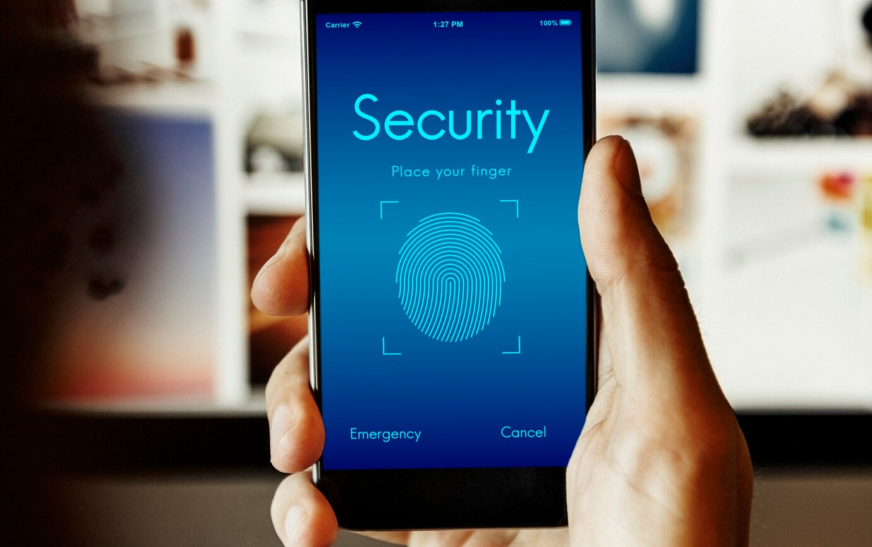In today’s digital age, where our mobile phones serve as more than just communication devices, securing our phone numbers has become crucial. These numbers are not just contact details anymore; they are essential identifiers linked to various digital accounts and services, making them prime targets for cyber threats aiming to access sensitive personal and financial information
Recent data from the “Digital 2024 Global Overview Report” underscores the widespread use of mobile connectivity, with a staggering 5.65 billion unique mobile phone subscribers worldwide. This highlights the urgent need for robust security measures to safeguard against potential risks.
Why Phone Number Security Matters
Phone numbers have evolved into critical assets integral to our digital identities. Losing control over your phone number can lead to unauthorized access, identity theft, and financial fraud. Recognizing these risks, cybersecurity experts advocate for proactive measures to protect these vital assets.
Effective Strategies for Phone Number Security
- Enable Two-Factor Authentication (2FA)
Two-factor authentication adds an extra layer of security by requiring a second form of verification, such as a code sent via SMS or generated by an authentication app. This ensures enhanced protection for your accounts. - Exercise Caution in Sharing Your Phone Number
Limit the exposure of your phone number on social media and public forums to reduce the risk of it being harvested by malicious entities. - Keep Your Software Updated
Regularly update your smartphone’s operating system and apps to patch security vulnerabilities and protect against emerging threats. - Utilize Strong Passwords and PINs
Secure your device with a complex password or PIN to prevent unauthorized access and avoid using easily predictable combinations. - Monitor Account Activity
Regularly review your accounts for suspicious activity and promptly report any unauthorized access to your service provider. - Beware of Phishing Attempts
Exercise caution when responding to unsolicited messages or calls requesting personal information to avoid falling victim to phishing scams. - Encrypt Your Communications
Use messaging apps with end-to-end encryption to protect your phone number and messages from interception by unauthorized parties. - Review and Restrict App Permissions
Audit app permissions to minimize access to your phone number and sensitive data. Grant permissions only to trusted apps that require them for functionality. - Consider Virtual Phone Numbers for Online Transactions
Use virtual or secondary phone numbers for online transactions to shield your primary phone number from potential exposure. - Understand and Adjust Privacy Settings
Familiarize yourself with the privacy settings on your smartphone and apps. Adjust these settings to enhance security and limit the sharing of personal data.
Conclusion
Securing your phone number is essential for protecting your digital identity and personal information in today’s interconnected world. By implementing these proactive strategies, you can significantly reduce the risk of unauthorized access and ensure a safer online experience.
Stay informed and empowered to navigate the evolving landscape of digital security by subscribing to 365marktech.africa.
Image Source: Designed by Freepik










